Baye Cashew Planting 1: Difference between revisions
No edit summary |
No edit summary |
||
| (4 intermediate revisions by the same user not shown) | |||
| Line 44: | Line 44: | ||
==Learn More== | ==Learn More== | ||
[[File:Mages (6).jpg|left|thumb]] | [[File:Mages (6).jpg|left|thumb]] | ||
[[File:Images (8).jpg|thumb]] | [[File:Images (8).jpg|thumb]] | ||
'''Gambia Cashew Industry''' | |||
[[File:Images (9).jpg|left|thumb]] | |||
[[File:Images 10.jpg|thumb]] | [[File:Images 10.jpg|thumb]] | ||
[[File:Téléchargement (19).jpg|center|thumb]] | [[File:Téléchargement (19).jpg|center|thumb]] | ||
'''Sustainable Agriculture in The Gambia''' | '''Sustainable Agriculture in The Gambia''' | ||
Latest revision as of 10:34, 5 March 2025
Baye Cashew Planting
Location: The Gambia, West Africa
Coordinates: 13°35'26" N, 15°52'39" W
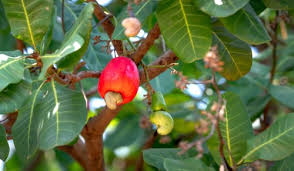
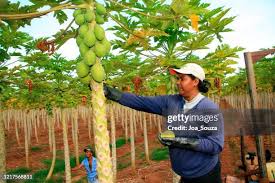
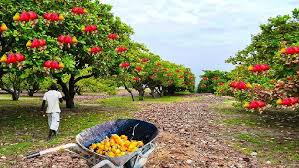
- Image of Baye Cashew Planting a photo of the cashew plantation, its trees, or workers tending to the trees.
Overview
Baye Cashew Planting is a cashew plantation located in The Gambia. It is part of a larger initiative focused on establishing cashew farms in the region. These plantations aim to contribute to the local economy by providing employment and promoting sustainable agriculture practices.
Cashew Production
Cashew trees (Anacardium occidentale) are known for their edible nuts and for producing a resin called cashew nut shell liquid, which has various industrial uses. The plantation focuses on cultivating cashew trees, ensuring proper care and maintenance for optimal nut production.
Sustainable Practices
Baye Cashew Planting likely employs sustainable practices, including:
- Agroforestry: Combining cashew trees with other crops or trees to enhance biodiversity and soil health.
- Water Conservation : Implementing irrigation techniques to optimize water usage.
- Organic Fertilizers: Utilizing natural fertilizers to improve soil fertility and minimize environmental impact.
Economic Impact:
The plantation contributes to the local economy by:
- Providing Employment: Creating jobs in the agricultural sector.
- Generating Income: Producing cashew nuts for export and local consumption.
- Supporting Local Communities: Contributing to the livelihood of farmers and surrounding communities.
Community Involvement:
The initiative may be involved in community outreach programs to educate and empower residents. This can include :
Training Programs: Teaching the best practices for cashew cultivation. Community Development Projects: Supporting local infrastructure and services.
Learn More
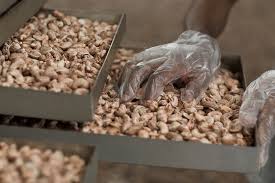

Gambia Cashew Industry
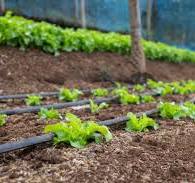
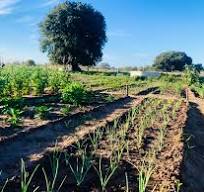
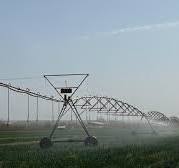
Sustainable Agriculture in The Gambia